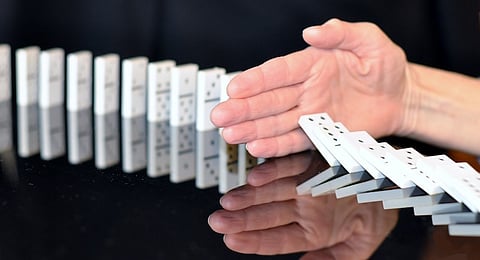Locked
WORLDVIEW: Science proves SA’s bad apples affecting the whole barrel. You too.
Honesty in a society is dependent on “good institutions that limit cheating and rule violations – crucial for prosperity and development."
By Alec Hogg
My father-in-law, a sprightly 91 year old, got me back onto the right path last week. As tends to happen to those who follow South Africa's depressing news cycle, I was feeling the fatigue of endless reports of politically instigated corruption. Perhaps we'd all be better off just completely ignoring the politicians, I mused. Something you may have also considered.
Not so, this dyed-in-the-wool engineer instructed. It's just a case of too many people expressing too many opinions. What the country needs is facts, he opined, because nothing is more powerful than the truth.
___STEADY_PAYWALL___

